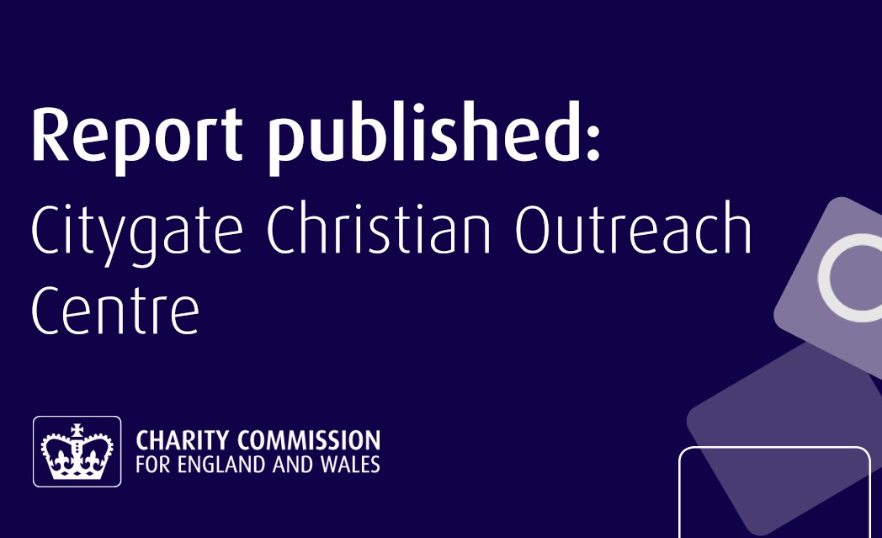Analysis of the backgrounds of all 650 MPs elected following last week’s general election has found that more than a third have a charity sector background.
Roles include being employed by charities, patrons of good causes or fundraising.
This number includes eight members of the cabinet, according to the research by Pro Bono Economics which found that 242 MPs have publicly advertised their connection to the charity sector. This is 37% of all MPs.
The think tank has carried out the research to help charities better influence MPs, especially as 335 new elected representatives take up their seats in the House of Commons following Labour’s landslide victory and a record number of new MPs for the Liberal Democrats.
To aid charities find out the charity sector background of each MPs the think tank has produced a tool where they can search by constituency.
The NCVO details the eight charity experienced cabinet members include secretary of state for culture Lisa Nandy, who oversees civil society policy and is a former shadow civil society minister. She has also worked at Centrepoint and The Children’s Society.
Health secretary Wes Streeting previously ran the Helena Kennedy Foundation and worked for Stonewall.
Meanwhile, work and pensions secretary Liz Kendall has worked at the King’s Fund and the Maternity Alliance.
“Only two members of the Sunak cabinet had charity experience,” the NCVO points out.
It adds: “Many appointments have prioritised those with lived experience, rather than just political experience. Keir Starmer has talked a lot about the importance of a health secretary who relied on the NHS for cancer treatment, a housing minister who grew up in social housing, and an education secretary who went through the state school system.
“Other appointments signal that Labour values having lived experience at the heart of in decision making.
“For example, the appointment of James Timpson as prisons minister and Sir Patrick Vallance as minister for science. This is where charities can also play a role to ensure that the voices of those we’re trying to help are heard.”
Lobbying tips
The NCVO has produced a five-point guide for charities to help them influence MPs. It urges charities to:
• Congratulate your local MP, including writing to them to congratulate them on their election and highlighting key issues for the charity.
• Engage with MPs with charity experience, by using Pro Bono Economics tool MPs with charity sector influence can be targeted. NCVO says “they may be more receptive to charities reaching out”.
• Frame lobbying around Labour’s missions. For example health charities can approach Labour MPs on how they can help the government “build an NHS fit for the future”.
• Meet new ministers and request a meeting. This could generate opportunities for in-person site visits and photos.
• Promote charity sector aims, as laid out in the voluntary sector manifesto, published by the NCVO and ACEVO and based on charity sector views. This includes promoting charities’ specialist role in supporting people and ability to mobilise volunteers.
See Also: What does a Labour government mean for the charity sector?
Charity Times video Q&A: In conversation with Hilda Hayo, CEO of Dementia UK
Charity Times editor, Lauren Weymouth, is joined by Dementia UK CEO, Hilda Hayo to discuss why the charity receives such high workplace satisfaction results, what a positive working culture looks like and the importance of lived experience among staff. The pair talk about challenges facing the charity, the impact felt by the pandemic and how it's striving to overcome obstacles and continue to be a highly impactful organisation for anybody affected by dementia.
Charity Times Awards 2023
Mitigating risk and reducing claims

The cost-of-living crisis is impacting charities in a number of ways, including the risks they take. Endsleigh Insurance’s* senior risk management consultant Scott Crichton joins Charity Times to discuss the ramifications of prioritising certain types of risk over others, the financial implications risk can have if not managed properly, and tips for charities to help manage those risks.
* Coming soon… Howden, the new name for Endsleigh.
* Coming soon… Howden, the new name for Endsleigh.
Better Society

© 2021 Perspective Publishing Privacy & Cookies











Recent Stories